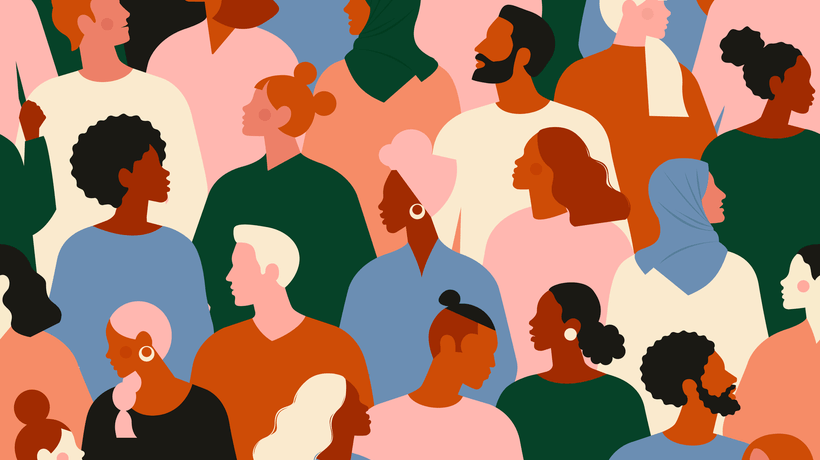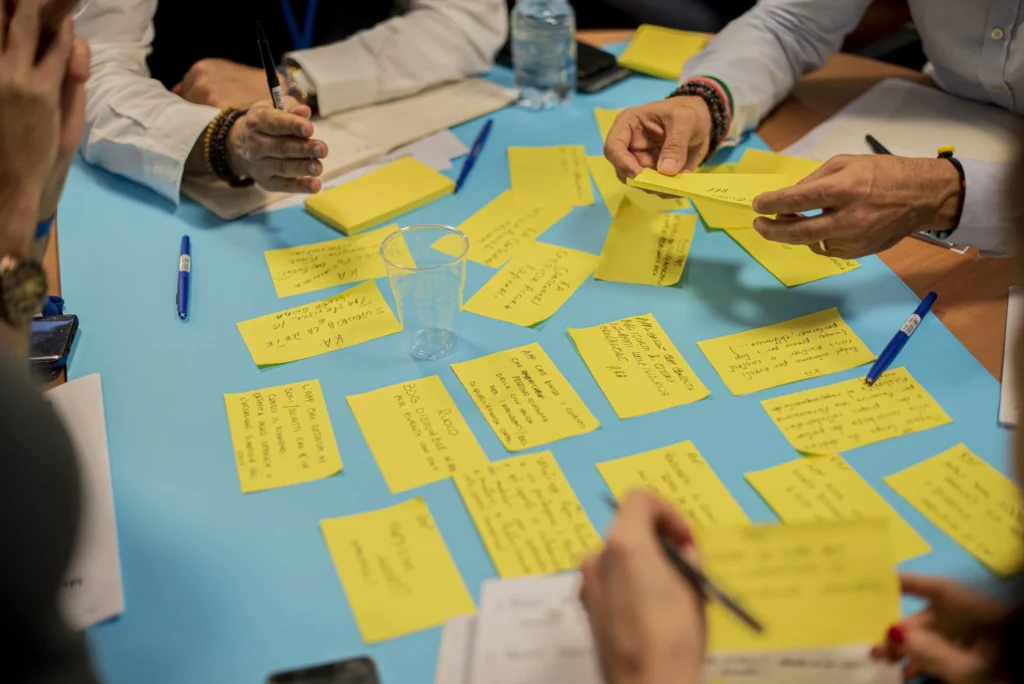When organizations invest in speakers or facilitated conversations, they turn diversity months observances into opportunities for connection, reflection and culture building.
Across the year, organizations look for speakers, presenters or lunch and learn sessions to support key dates of recognition like Black History Month, International Women’s Day, Pride Month, Gender Equality Month, Indigenous History Month, Neurodiversity Week, Mental Health Awareness Month and Truth and Reconciliation. These observances, holidays and celebrations offer natural touchpoints to bring teams together, learn something meaningful and strengthen a culture of inclusion.
Why Organizations Bring in Speakers for Diversity Months Observances
Booking a speaker or hosting a lunch and learn during these dates does more than mark the day. It helps teams:
- Learn together. A speaker creates a structured moment to introduce new ideas, histories and perspectives that might not surface in daily work.
- Build empathy and connection. Observances like Pride Month, Neurodiversity Week or Indigenous History Month help employees feel seen and valued. A live session gives space to reflect, ask questions and connect.
- Reduce stigma and encourage openness. Mental Health Awareness Month or Gender Equality Month can be powerful opportunities to normalize conversations and challenge assumptions with a knowledgeable facilitator.
- Signal organizational values. When senior leaders champion sessions tied to Truth and Reconciliation, Black History Month or International Women’s Day, it shows that inclusion is a consistent priority.
The Role of an Inclusion Calendar
Many organizations plan these learning moments through an inclusion calendar. This makes it easier to identify the observances and dates of recognition that matter each year and schedule meaningful learning in advance.
- For guidance on building your own inclusion calendar, see our article on common pitfalls and best practices here: “Building Inclusion Calendars: Resources & Common Pitfalls“
Making Each Observance Meaningful
Whether teams are searching for “book a speaker for Pride Month,” “lunch and learn for Black History Month,” or “workplace session for Truth and Reconciliation,” the goal is the same. These dates offer a moment in the year to pause, learn and strengthen shared understanding. When organizations invest in speakers or facilitated conversations, they turn observances into opportunities for connection, reflection and culture building.
When Engaging Speakers, Intentionality = Impact
Intentionality is key to building equitable, diverse and inclusive workplaces. Planning ahead for dates of observance sends a clear signal that your organization cares, pays attention and values the communities represented. It also ensures you can secure skilled facilitators, many of whom bring valuable lived experience and are often inundated with last minute requests during these peak times of year.
By scheduling your sessions early, you avoid the last minute scramble that can unintentionally communicate a lack of commitment or consideration. More importantly, it supports speakers and facilitators in sharing their expertise in a way that is thoughtful, respectful and sustainable.
A planned, intentional approach to observances throughout the year strengthens trust, deepens learning and helps create workplaces where people feel genuinely respected, informed and included.
Get Connected With Speakers Through the Inclusivity Webinar Series
Looking for speakers or lunch and learn sessions to support Pride Month, Black History Month, Indigenous History Month, International Women’s Day or other key dates of observance? Explore the Inclusivity Webinar Series for ready-to-go sessions that align with your inclusion calendar.
Questions? Reach out to us at [email protected] or visit us at www.inclusivityinsight.com






















